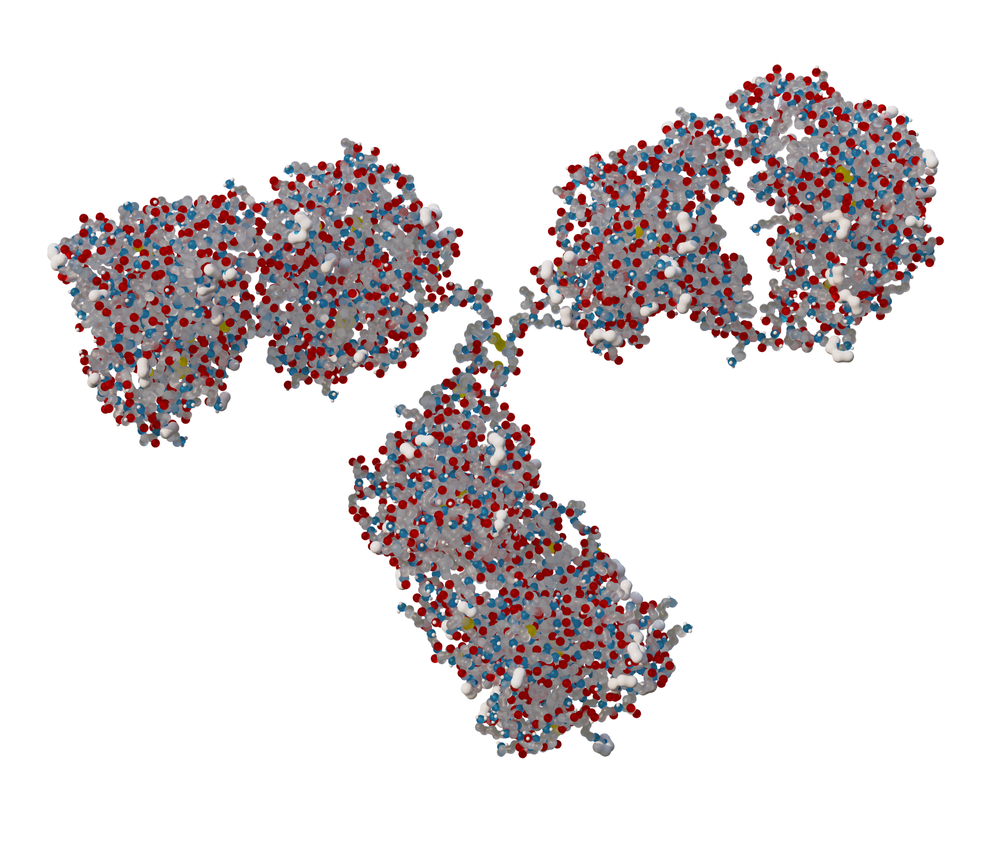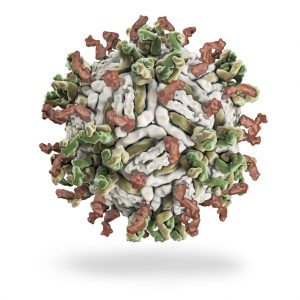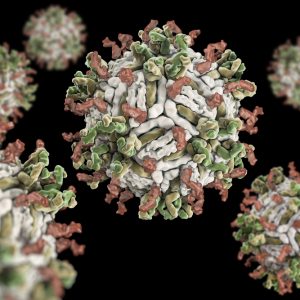MOUSE ANTI-DENGUE VIRUS NS1 SEROTYPE 1-3 ANTIBODY (D3411)
Mouse anti-Dengue virus NS1 serotype 1-3 antibody (D3411) recognizes the NS1 protein of Dengue virus serotype 1, 2 and 3.
PRODUCT DETAILS – MOUSE ANTI-DENGUE VIRUS NS1 SEROTYPE 1-3 ANTIBODY (D3411)
- Mouse anti-Dengue virus NS1 serotype 1-3 monoclonal IgG1 antibody (clone D3411).
- Mouse monoclonal antibody against Dengue virus 1, 2 and 3 non-structural protein (NS1).
- Presented in liquid format and buffered in PBS, pH7.4.
- Recommended for use in ELISA, WB and IFA.
BACKGROUND
Dengue virus (DENV) is currently the most significant arthropod-borne virus (arbovirus), endemic in tropical and subtropical countries, with a yearly estimate of 390 million infections, of which 96 million are symptomatic. Dengue is caused by one of four DENV serotypes (DENV-1-4), and these serotypes have been associated with varying symptoms. The NS1 protein is a major non-structural protein expressed by the Dengue Virus. The NS1 monomer is a glycosylated protein of approximately 45kD, which associates with lipids and forms a homodimer inside infected cells. It is necessary for viral replication, and is also secreted into the extracellular space as a hexameric lipoprotein particle, which is involved in immune evasion and pathogenesis by interacting with components from both the innate and adaptive immune systems, as well as other host factors. NS1 is one of the major antigenic markers for viral infection with Dengue. During dengue infection, the less conserved non-structural protein 1 (NS1) is secreted in high concentrations into the blood. NS1 levels can remain in the bloodstream for 9–18 days, making NS1 an ideal target for disease detection.
With more than one-third of the world’s population living in areas at risk of transmission, dengue infection is a leading cause of illness and death in the tropics and subtropics (WHO for Guidelines for Diagnosis, Treatment, Prevention & Control, 2009). Early diagnosis of dengue infection is very important because if the symptoms are ignored for a long time, it can result in Dengue Shock (DS) or dengue hemorrhagic fever (DHF). These are the primary causes of death. Early detection allows for prompt treatment of the patient. There are no vaccines available to prevent infection with dengue virus.



